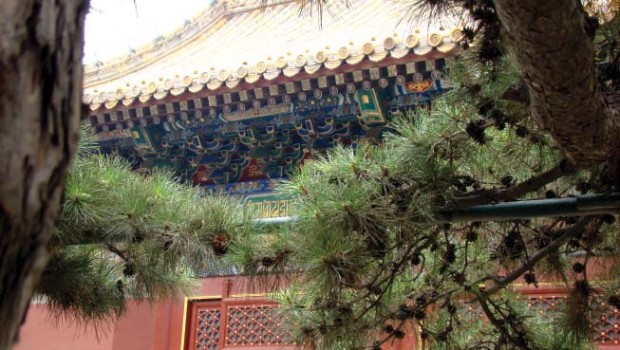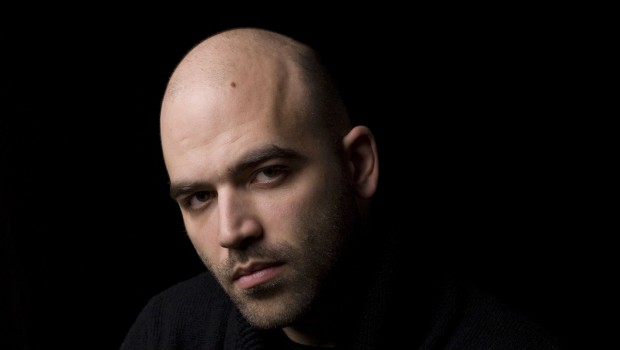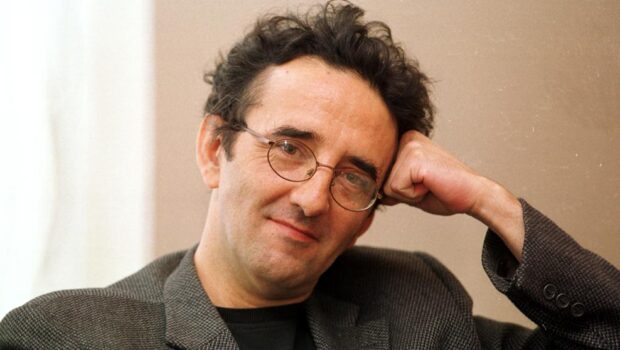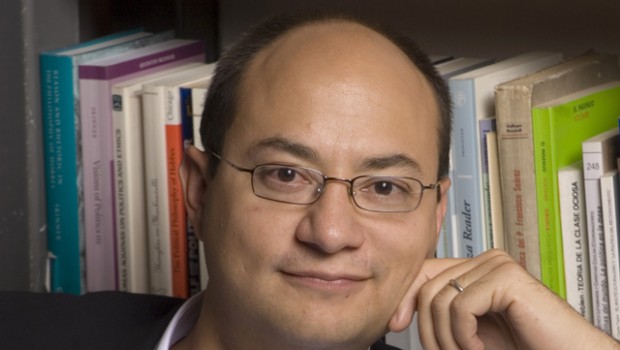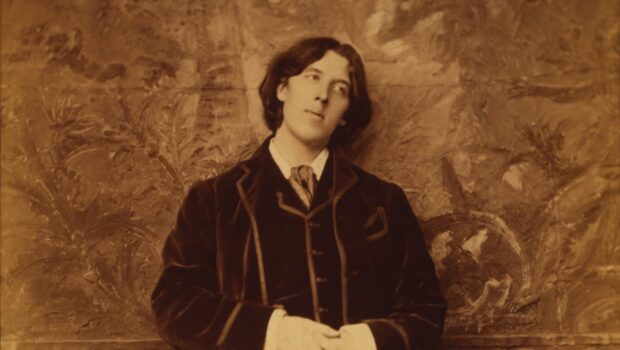Tolerance and Universal Responsibility
His Holiness the 14th Dalai Lama
My generation, (I see some old people, so I should say our generation) the one who belongs to the twentieth century, instead of solving the problems, created more problems. So now, fortunately or unfortunately, younger generations are extremely important to solve those problems. It is very relevant to me to speak about religious tolerance. It’s a great honor to speak on such subject. So at the pin that I was given seems important to the topic of my presentation to talk about the need of tolerance and universal responsibility.
My commitment, until my death, is to promote religious harmony and religious tolerance. Another commitment, which I have already spoken about this morning, is the promotion of human value, the importance of compassion in human society. I think one of the big differences in the twentieth century—particularly, in the earliest part of it—national sovereignties and also culture, or individual culture or individual religion, were more important than the sense of global community. Now in the twenty-first century, due firstly to population, and secondly to the global economy and tourists and ease access to information everywhere, and some other factors, of course, the environmental issue, the whole globe has became a whole entity. I often tell people the importance of the words “we” and “they”. War destroys the concept of “them” and that is a victory of “us”. Actually I think in reality everyone is interdependent. West needs East, and East needs the West. Middle East needs East, East needs Middle East. The northerners needs southerners and vice versa. This is the reality. So under these circumstances, the destruction of your neighbor is actually the destruction of yourself.
It’s very important to have a sense of global community, a sense of the oneness of humanity, a sense of one big human family. If all people are happy and peaceful, individual nations get peaceful and content. And if some problems occur in some remote area, eventually the repercussions will reach you in your own home. So that’s the new reality. Global consciousness is essential, and this is also true from the religious point of view. All religions talk about humanity as a whole. And some religions, Buddhism, Shintoism, not only speak of humanity, but also for all sentient beings. Both Theistic and non-Theistic religions have this view. In fact, one of my Muslim friends says that we should love not only human beings, but all other creatures of God, the planet itself and all animals in it. From different religious points of view it’s true; according to religions all created by the source.
If all creatures come from the same source, discriminating is a contradiction. Non Theistic religions believe that all have the same rights, because all have the same feeling of happiness and suffering. It takes the entirety of sentient beings as one, to develop a concern for sentient beings. Now the point is the global community, the one family. That’s necessary and important. The oneness of human being does not mean there is not diversity. There is diversity, and within this diversity there is some conflict. Tolerance is relevant. Tolerance doesn’t mean we give up our views, but we equally respect others’ way of life on the basis of reincarnation. I have the right to keep my own faith and everyone else have the same right. And in some cases their ideology is a different ideology. In my own case, I’m Buddhist. Sometimes I describe myself as a stubborn Buddhist. In my mind, I don’t have a concept of a creator. But my friends, whether they are Christians, Muslims, Jews, Hindus, they believe in a creator, in a God. It is absolutely wrong to say that, because I have no ideas of God, their ideas are not important. [So through this tolerance] I got a benefit. My brothers have different concepts, different views bring them immense benefit. In fact, all human traditions have the same potential to produce good human beings.
Now, for example, according to my own experience, the way of life and practice of the late Thomas Martin is comparable to the Buddhist. His daily personal life was also very similar to mine. I was told his day started at 2.30 a.m and ended at 7:30 p.m. So my daily life starts at 3:30 a.m. then I go to sleep around 8 p.m. Look at Mother Theresa, totally dedicated to poor people, I think her practice is more a compassionate practice than my own. Both these views, that of Thomas Martin and Mother Theresa gather strength from God. My strengths come from Buddha, who taught me about the law of causality, rather than about a creator. But that is not relevant, the important fact is that, like food, it doesn’t matter which field it comes from. Some may use synthetic fertilizer, natural fertilizer. It’s all fine as long as they have good taste and protein. So similarly, it doesn’t matter if some say God and some others no God. In practical life we don’t have a relationship with God. That’s a very mysterious level. So for a Buddhist, this concept of salvation is a mystery; It doesn’t really matter, so we can leave it aside. What is important is from that tradition, how we can immensely benefit and improve the individual.
Some people describe Buddhism as a kind of atheism. In fact, strictly speaking, Buddhism is not even a religion, because there’s no faith in a god. Then, from the Buddhist point of view, on the philosophical level, some other religious traditions seem like nihilism; from the Buddhism point of view certain religions may be seen as absolutism. A healthful lesson from Buddhism is that among the Buddhist traditions there are different philosophies. These philosophies with fundamental, contradictory differences come from same source: one teacher. So with respect, I joke in telling people that these confusion of philosophies do not come out of Buddha´s own confusion. We believe that Buda is enlightened. There is no room for uncertainty. This line of thought leads us to the conclusion that Buddha created these contradictory philosophies in order to create more confusion among his disciples and followers. It is certainly not the case. Buddha was full of compassion. So the conclusion is that among all his disciples there are mental dispositions therefore you need different views accordingly. Buddha taught deliberately according to the suitability of his followers. From here we learn valuable lessons: to seek other teachers. Theistic religions, from the Buddhist point of view, are different, but it doesn’t matter because that faith is suitable for millions of people.
And we can witness the good fruits of such tradition. There are many wonderful Muslims among my friends; one of them once told me that according to his interpretation of the Quran, anyone who calls himself a Muslim and creates bloodshed is not a Muslim. So love and kindness towards, not only human beings, but towards creation is present in many religions.
Diversity contains not only superficial but substantial differences, yet through our common essence we can still work together. We can develop harmony on the basis of mutual respect. I remember in Australia, before my speech, one minister introduced me and described me as a good Christian. I don’t know if he knew that my fundamental belief is that there is no god, but I’m alright with that. I said OK I’m happy, I feel a great honor. Muslims consider me a good Muslim. Theistic religions have their own beauties, very powerful concepts that facilitate these good qualities. Non theistic religions also have their respective beauty.
So diversity in 6 billion human beings is natural and inevitable. Even within twins there are some physical and behavioral similarities, but if you go further beyond this observable level of similarities to the genetic levels you’ll see the level of discrepancies. So having more than 6 billion humans all living in different locations, with huge differences between climate, there is a need for a different way of approaching life to cultivate the goodness in human beings: love, compassion forgiveness, tolerance, contentment, self discipline. That’s more important than each individual approach. From a wider context we’re human beings and all have the same potential for the betterment of society. So I think diversity, if utilized properly, will be an important factor to develop a common effort. It’s like a good garden. One garden can be properly planted. One flower may not be so beautiful by itself, but if we see different flowers with different sizes and colors, then it looks very attractive. Within the face there are dissimilarities, even in the eyes, the more color, the more differences, the more attractive the eye is. So in humanity as a whole, I think diversity of culture, of religion of races is more beautiful. I think it’s a fact whether we like it or not. Whether we like it or not there are Buddhists, Hindus, Christians, Jews, Muslims and so on. Neither one have the ability to convert to or to eliminate the other. These religions, I believe, have been in existence for the last 1000 to 3000 years. In the twenty first century, even if you try to utilize all the best means to eliminate all the races, religions, etc, is impossible. Eventually, I think we’ll use a single language, and I fully support it. So let’s not worry about the preservation of the Tibetan language. If 6 billion people prefer it otherwise. Still, even with this new language, I believe the diversity of cultures and of religion will remain, and this shouldn’t be an obstacle to the global family.
One thing I want to share with you is the concept of one religion and several religions. This is contradictory. According to one, faith is considered the only creed. This idea is very common. Generally inherent in most religions is the belief in the notion of singleness of truth with respect to one’s own tradition. So that concept for individual practitioners is relevant and important in order to have unshakeable faith. One truth is important. Several religions are already here, and these, I think, give immense inspiration to the people of the present past and future. The question is how to reconcile these differences of truth. In terms of the individual, the concept of one truth is relevant. In terms of a group or community, then the concept of several truths is relevant. So if you are related to these different perspectives and concepts, one in the contexts of the individual practitioners and one in the context of the society and multiplicity of individuals, then there are not contradictions between the two.
Then there’s the question of what is the “best” faith and here again, if you look at the question carefully this question can’t be answered independently from the individual’s well being in relation to each person. So, like in medicine, we cannot say which the best is. “Best” is according to each illness, so to a person who has a certain mental disposition, this religion is the perfect one. Now, for example, according to my own mental disposition the Buddhist approach is the most suitable and effective, so for me Buddhism is best. That doesn’t give me the right to tell my Christian, Muslim, Jewish, Taoist and Hindu brothers that, since Buddhism suits me, it’s the one for them. Everything will depend upon individual disposition or taste. Once we accept differences and the potential greatness of each creed, religious tolerance will automatically come.
Posted: April 10, 2012 at 6:42 pm


